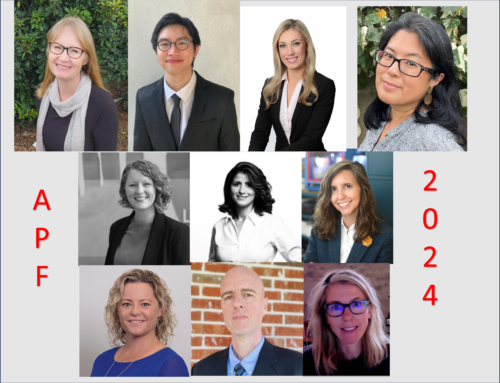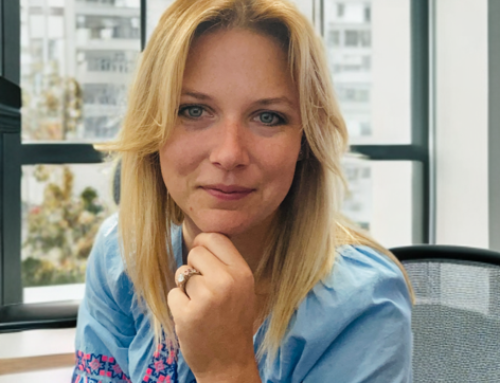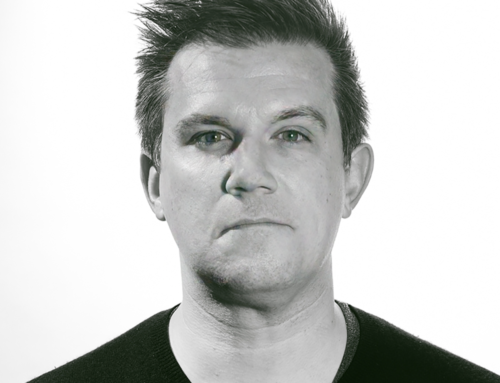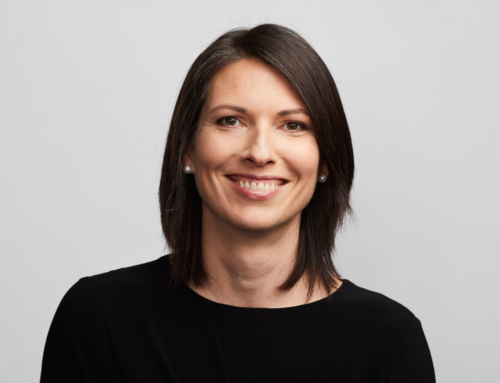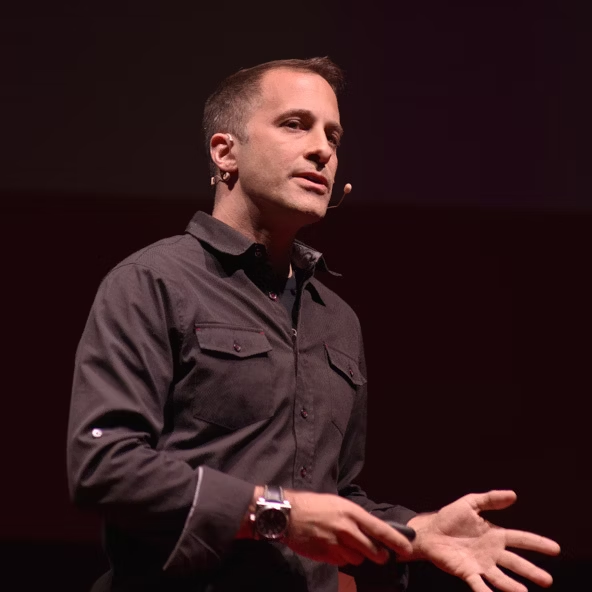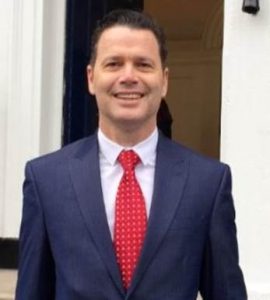 When I tell people I’m pursuing a degree in “foresight” at the University of Houston, they often look at me funny. “Futures studies,” I add hopefully, knowing I’ve probably just confused them even further. Perhaps it’s the prospect of studying something that hasn’t happened yet, or the notion that there’s more than one possible future out there for us to choose from, but neither of these formulations of my chosen field seems to ring a bell for most folks. But as soon as I say I’m studying to become a “futurist,” the metaphorical light bulbs begin to flicker – and likely for all the wrong reasons. Unfortunately, self-styled futurists have carved out a niche in the popular imagination that’s based largely on myth. Some are famous for making bold predications about the future, as if we were all headed inexorably toward a destination certain – when any serious student of the subject knows that the road ahead has far too many twists and detours to accurately map. They often market themselves as visionary “thought leaders,” neglecting to mention that the skills they’re peddling are readily obtainable at several institutions of higher learning around the world (including, of course, my alma mater). Futurists have also become synonymous in certain circles with business consultants who look for long-range opportunities to increase their clients’ profit and ensure market dominance, but this neglects the vital role foresight plays in supporting government and other non-profit endeavors. Many futurists seem particularly enamored with technology, suggesting machines will someday transform our world into something unrecognizable – as fantastic, perhaps, as the New York World’s Fair and “The Jetsons” must have seemed to previous generations, who had yet to learn how far they’d been led astray. Then again, such images of the future – whether “futuristic” promised land or dystopian science fiction – play an important role in shaping the choices we make today, and the plans we make for tomorrow. As an aspiring foresight professional, I’m about to embark on a career in an obscure field with a short and sometimes sketchy history, which nevertheless offers serious practitioners the opportunity to profoundly impact where we go from here. For me, foresight is about improving our understanding of how the world works, and directing our energies to making the world work better – whether by maximizing scarce resources or promoting human rights or, yes, even leveraging technology to solve problems. By considering a wide array of possible futures – from the bleak to the sublime – futurists like me have the opportunity to help chart the best course forward. Just don’t ask me to predict where we’ll end up! Craig Perry
When I tell people I’m pursuing a degree in “foresight” at the University of Houston, they often look at me funny. “Futures studies,” I add hopefully, knowing I’ve probably just confused them even further. Perhaps it’s the prospect of studying something that hasn’t happened yet, or the notion that there’s more than one possible future out there for us to choose from, but neither of these formulations of my chosen field seems to ring a bell for most folks. But as soon as I say I’m studying to become a “futurist,” the metaphorical light bulbs begin to flicker – and likely for all the wrong reasons. Unfortunately, self-styled futurists have carved out a niche in the popular imagination that’s based largely on myth. Some are famous for making bold predications about the future, as if we were all headed inexorably toward a destination certain – when any serious student of the subject knows that the road ahead has far too many twists and detours to accurately map. They often market themselves as visionary “thought leaders,” neglecting to mention that the skills they’re peddling are readily obtainable at several institutions of higher learning around the world (including, of course, my alma mater). Futurists have also become synonymous in certain circles with business consultants who look for long-range opportunities to increase their clients’ profit and ensure market dominance, but this neglects the vital role foresight plays in supporting government and other non-profit endeavors. Many futurists seem particularly enamored with technology, suggesting machines will someday transform our world into something unrecognizable – as fantastic, perhaps, as the New York World’s Fair and “The Jetsons” must have seemed to previous generations, who had yet to learn how far they’d been led astray. Then again, such images of the future – whether “futuristic” promised land or dystopian science fiction – play an important role in shaping the choices we make today, and the plans we make for tomorrow. As an aspiring foresight professional, I’m about to embark on a career in an obscure field with a short and sometimes sketchy history, which nevertheless offers serious practitioners the opportunity to profoundly impact where we go from here. For me, foresight is about improving our understanding of how the world works, and directing our energies to making the world work better – whether by maximizing scarce resources or promoting human rights or, yes, even leveraging technology to solve problems. By considering a wide array of possible futures – from the bleak to the sublime – futurists like me have the opportunity to help chart the best course forward. Just don’t ask me to predict where we’ll end up! Craig Perry

